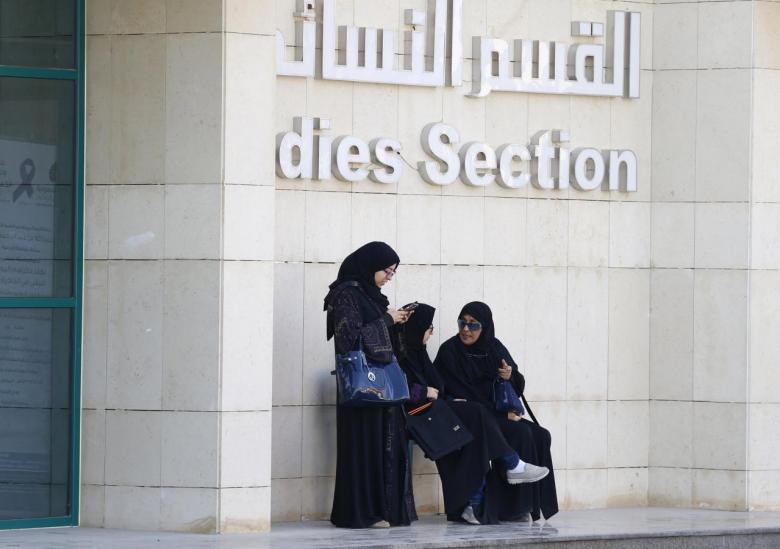Jeddah- Saudi King Salman Bin Abdulaziz on Thursday issued a directive relieving women from the prerequisite of obtaining the consent of guardians in order to receive public services, “unless there is a legal basis for this request in accordance with the provisions of Islamic law.”
King Salman bin Abdulaziz had passed the notice over to Crown Prince Mohammed bin Nayef bin Abdulaziz, who is also Interior Minister.
A copy of the circular was passed to each ministry and government bureau, stressing that all concerned government institutes must not ask women for guardian consent to receive public services, or when finalizing personal paperwork, unless there is a legal stipulation mandating otherwise.
“This came in a royal directive to all concerned government agencies, after approval of proposals raised by the General Secretariat of the Council of Ministers to resolve issues related to human rights,” said the royal decree.
Many advocates of the empowerment of Saudi women hailed the announcement, as needing a male guardian’s consent can pose significant obstacles for women.
The historic shift in policy recognizes the right of a woman to be her own guardian and take care of her official matters, without the need for the approval of the guardian.
It is expected that the decree might include women’s ability to independently represent themselves in court as well as to issue and renew passports and to travel abroad without needing a guardian’s permit, however, further details are yet to be issued by official authorities.
A Shura Council member told Arab News that the directive will surely cover ‘work permits.’
The Shura Council is a national consultative assembly.
Increasing the participation of women in the workforce from 22 percent to 30 percent is one of the main goals in Saudi Vision 2030.
